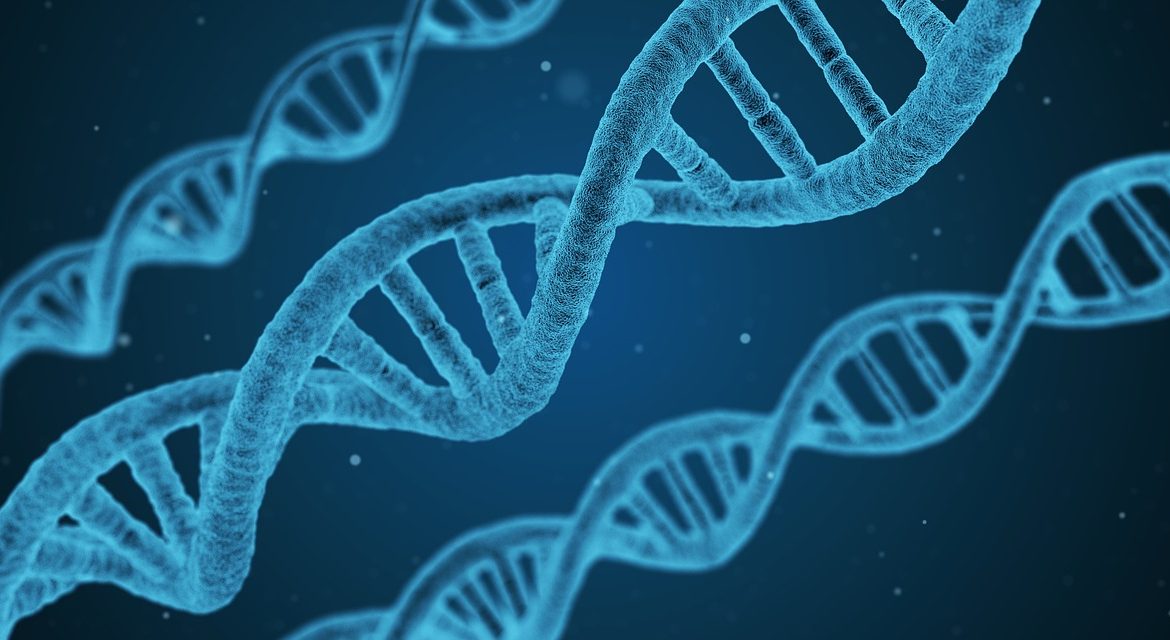
Could Evolution Not Be Random?
The concept of evolution, which ignited widespread debate when Charles Darwin published his book “On the Origin of Species” in 1859, stands unequivocally affirmed 165 years later. In essence, the theory posits that the traits enhancing an organism’s adaptability and likelihood of survival within a population are genetically passed down to subsequent generations, gradually becoming dominant and widespread within that population. Likewise, individuals with traits that reduce their chances of adapting to the environment and reproducing are eliminated because they fail to reproduce. Consequently, species undergo transformations over time, with new species evolving from pre-existing ones. Darwin termed this phenomenon natural selection, distinguishing it from “artificial selection”, where humans intentionally breed plants or animals to pass on specific desirable traits.
Of course, when Darwin wrote his book in 1859, he was unaware of the role of random mutations in diversifying natural selection. What solidified his theory was the work of his successors and the field of genetics brought by technological advancements. It is now widely accepted that evolution is a purely random process, driven by random genetic mutations. However, the willingness to question -which is at the heart of scientific thinking- offers new information regarding theories long assumed as absolute.
In a new study by the University of Nottingham, UK, researchers introduce evidence suggesting evolutionary processes might not be as random as once thought. The study poses a pivotal question: Could the evolutionary trajectory of a genome be possibly influenced by its evolutionary history rather than mere randomness? In other words, could the evolutionary history of a genome determine its future path?
To explore whether evolution is a predictable process, the scientists conducted research on the pangenome, which contains all the genes of a particular species. The pangenome is the complete set of DNA sequences found in all individuals of a species. By feeding a database of 2,500 complete genomes from a single bacterial species to an artificial intelligence algorithm called Random Forest, the team first created “gene families” for each gene across the genomes, a task that required several hundred thousand hours. “In this way,” says Dr Domingo-Sananes, one of the researchers, “We could compare like-with-like across the genomes.” Once these families were identified, the goal was to detect patterns by observing which genomes possessed or lacked certain gene families. “We found that some gene families never turned up in a genome when a particular other gene family was already there, and on other occasions, some genes were very much dependent on a different gene family being present.”
The researchers describe these findings as akin to an unseen ecosystem where genes either collaborate or conflict. “These interactions between genes make aspects of evolution somewhat predictable and furthermore, we now have a tool that allows us to make those predictions,” Dr Domingo-Sananes remarks.
This discovery could hold significant implications for synthetic biology, medicine, and environmental science. For instance, combating antibiotic resistance could involve targeting not only the responsible gene but also supporting genes. New drugs or vaccines can be created for use in pinpoint treatments. Personalised treatment methods may be developed based on individual genetic profiles and disease susceptibilities, and even the engineering of microorganisms to absorb atmospheric carbon or decompose pollutants.
This research stands to revolutionise our understanding of evolutionary science. In case the genetic mechanisms underpinning these processes prove to be more predictable than previously believed, then we may indeed witness unprecedented scientific breakthroughs across numerous disciplines.
REFERENCES
- 1. https://www.nottingham.ac.uk/news/evolution-is-not-as-random-as-previously-thought
- 2. https://www.iflscience.com/evolution-may-not-be-as-random-as-previously-thought-72293
- 3. https://www.livescience.com/474-controversy-evolution-works.html
